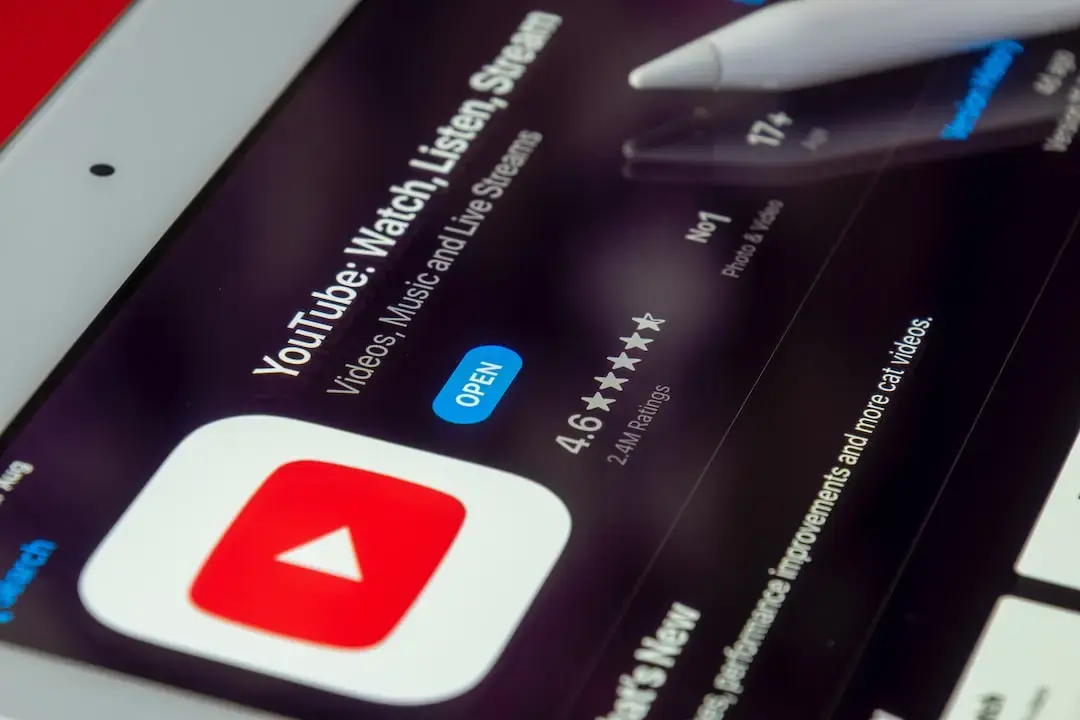Yes, they uninstall and then install an adblocker that works. Click bait.
Yeah, who’s gonna say “Oh, I’m not blocking ads on YouTube, better take the time to make sure I see ads everywhere else as well.”
Misleading. Ad blocker installations also rose. This isn’t people leaving adblocking, this is people changing to better ones.
uBlock Origin has kept their filters up-to-date for me. Still no ads, and no blocks from YouTube, since day 1. I did disable my other privacy extensions like Privacy Badger and Ghostery on YouTube to stay on their “good” side however.
The ad blockers in question were AdGuard and Ghostery, acc. to the article.
uBlock Origin is still working fine for me. And NewPipe in the cell phone.Ghostery isn’t even an ad blocker, it’s just to prevent tracking.
Ghostery does work as an ad blocker too, and advertises (eh) itself as such.
Plus, for corporate nowadays, tracking and advertisement are two steps of the same process.
Oh OK my bad, that was news to me. I stopped using it a couple of years ago when Firefox got the functionality built in, and it wasn’t advertised as an ad blocker back then.
Where do you get NewPipe and is it good
It’s on F-Droid. I personally haven’t used it in a long time because you couldn’t sign in to your account. Not sure if that’s changed. I’m currently using revanced which is great.
As the other poster said, it’s on F-Droid. It’s mostly a Youtube frontend, although it accesses SoundCloud and PeerTube too. And more importantly, it doesn’t download advertisements from YT, so you don’t even need an ad blocker when using it.
Yeah, probably lots of people uninstalling ghostery and adguard so they can install ublock origin.
I uninstalled chrome. Stopped logging into YouTube. And moved to freetube on desktop. Newpipe on Android.
This result honestly sounds like their best-case outcome. I don’t like much of what Google does, but I’m certain a lot of discussion went into what would be viewed as a “win” on this call, and my guess is “some number of people stop using ad-blocking software” actually beats out “some people are converted to subscribers” (an effect not measured here and somewhat necessary to get any context for one data point) by virtue of Google being an advertising company.
Regardless, they’re targeting only low-hanging fruit: people who use ad blockers to block ads. Sounds tautological, but this excludes anyone concerned about privacy. Nobody using an ad blocker in concert with other add-ons is going to be converted here. And I sort of wonder whether media coverage from when the crackdown started inflated ad-block installs among people who’d never used one, thus making this win less substantial on a longer timeline.
Do other non ublock adblockers not have the ability to whitelist specific domains? Or are people just unaware of it? (Probably the latter id assume)
Yes to both questions.






